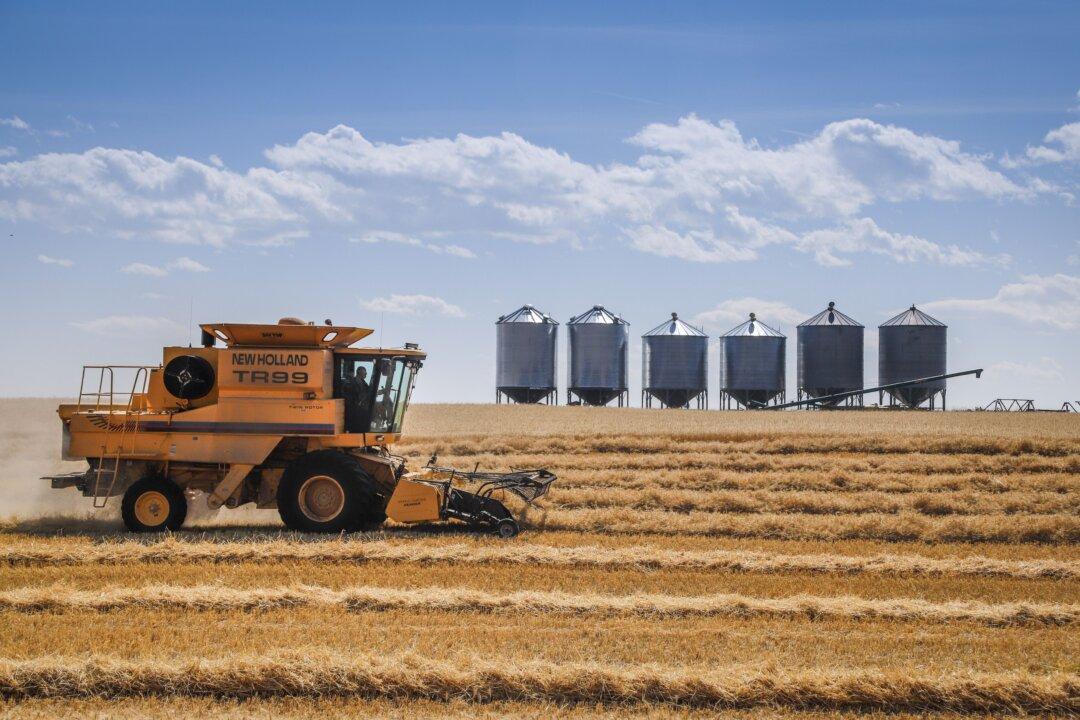More than one-third of Canadian farms are facing labour shortages of both high and low-skilled workers, says a recent report from the Department of Agriculture.
“Around a third of producers, 35 percent, were facing labour market challenges in 2022,” said the report titled “2022 Strategic Issues Survey With Producers,” obtained by Blacklock’s Reporter.





